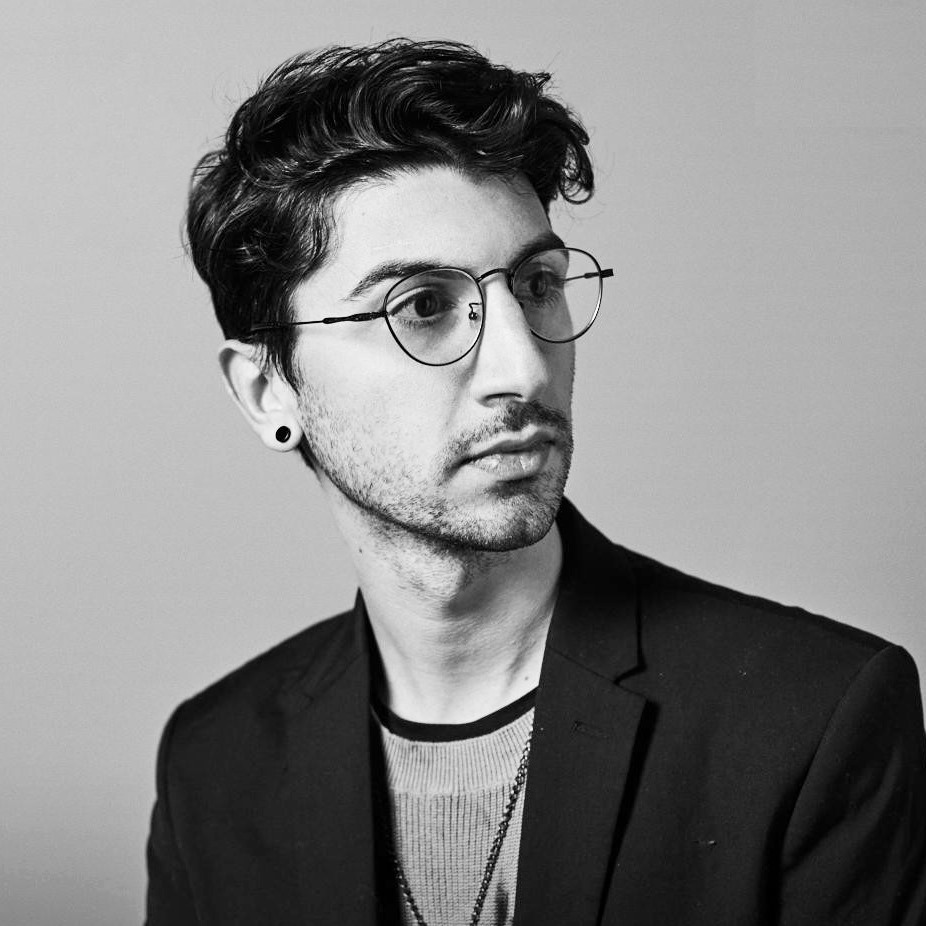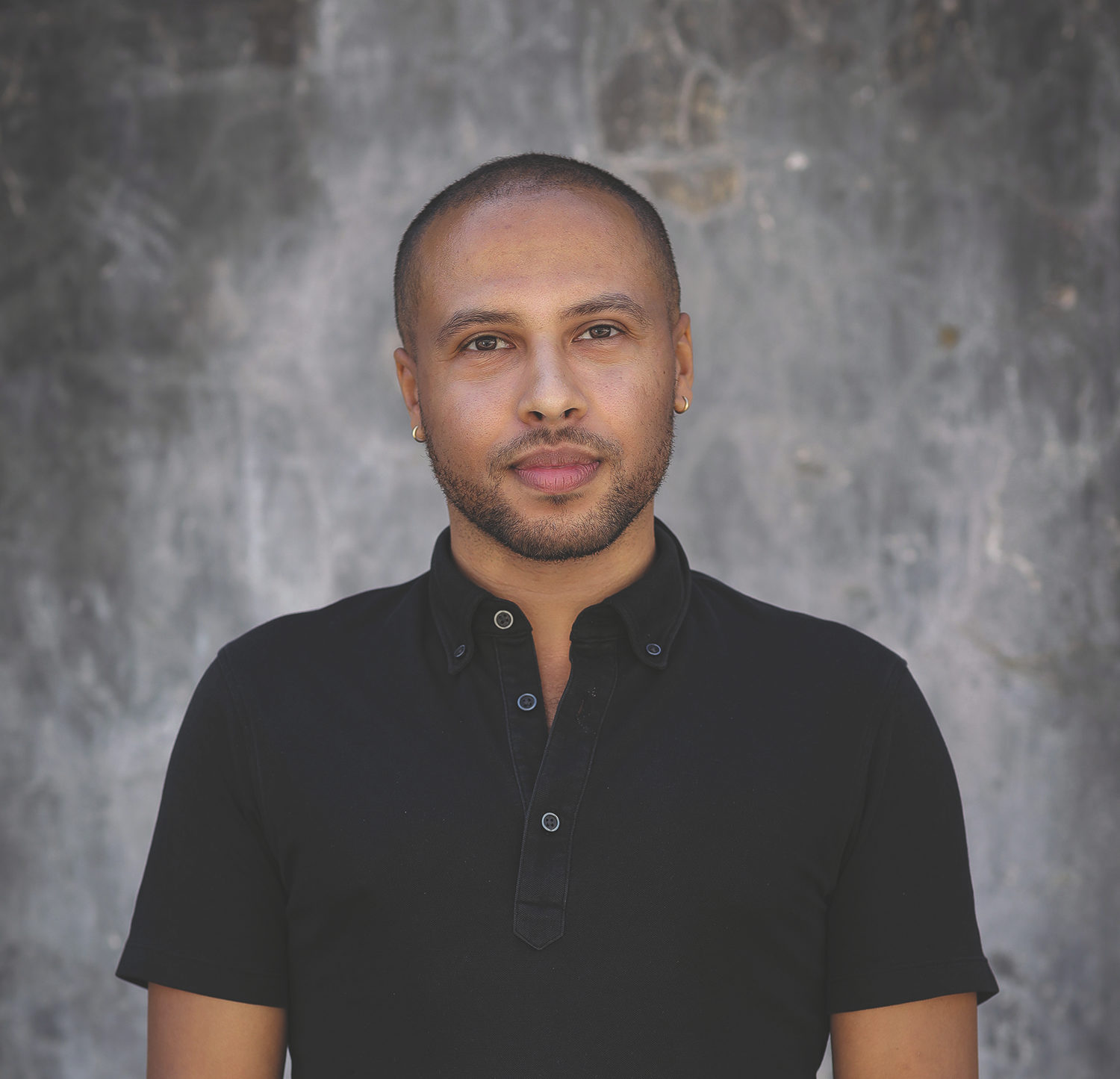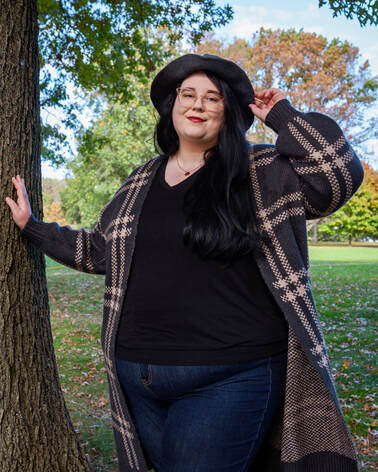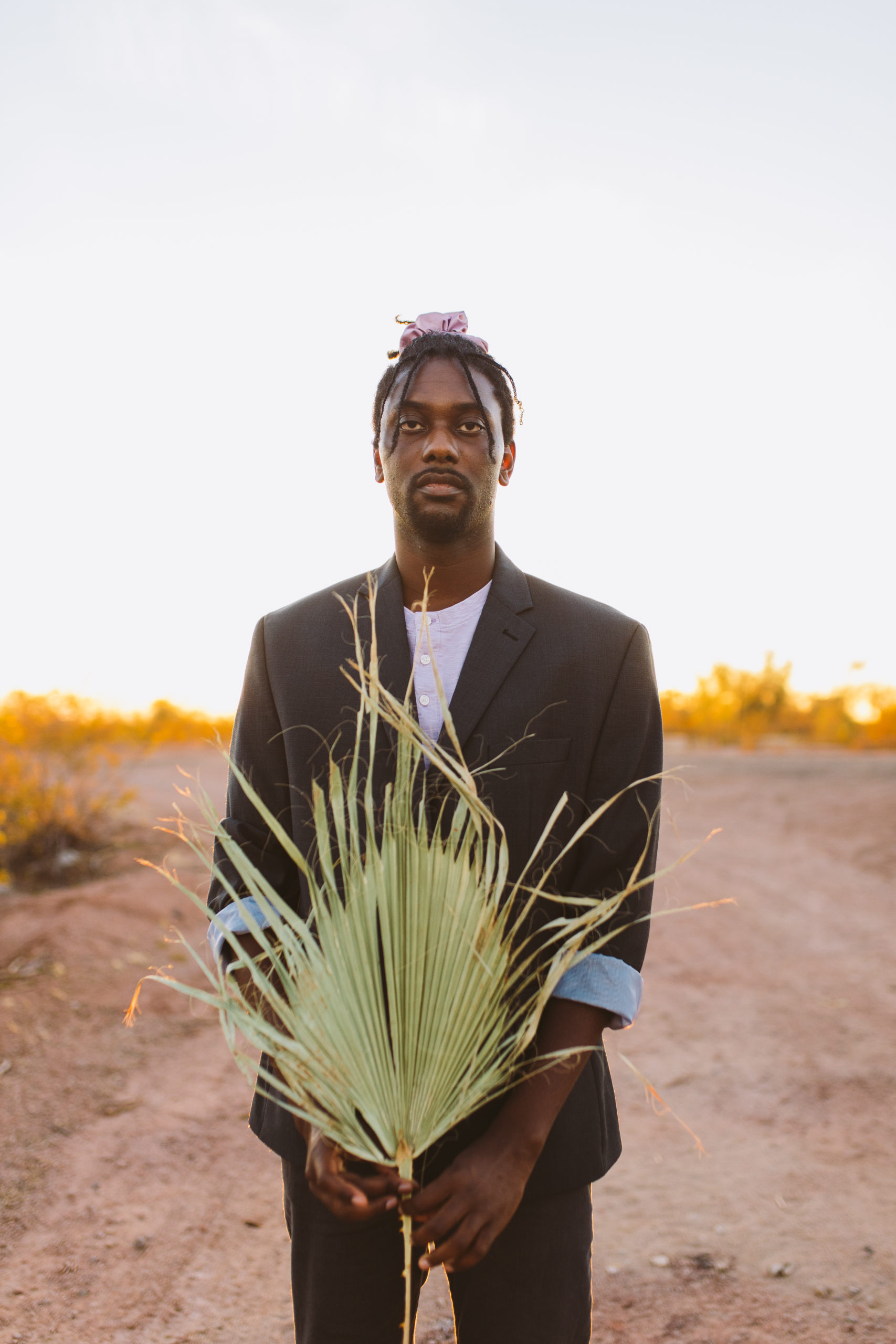
by Michele Kirichanskaya | Aug 29, 2022 | Blog
Pavlos C. Hunt is a New York CIty based author and poet. You can follow him on Twitter as well as Instagram. I had the opportunity to interview Pavlos, which you can read below. First of all, welcome to Geeks OUT! Could you tell us a little about yourself? Thank you...

by Michele Kirichanskaya | May 25, 2022 | Blog
Dean Atta is a British author from London. He is a member of Malika’s Poetry Kitchen and a patron of LGBT+ History Month. His young-adult novel in verse, THE BLACK FLAMINGO (Hachette Children’s Group / Balzer + Bray), won the 2020 Stonewall Book Award and was...

by Michele Kirichanskaya | Oct 30, 2021 | Blog
amanda lovelace (she/they) is the author of several bestselling poetry titles, including her celebrated “women are some kind of magic” series as well as her “you are your own fairy tale” trilogy. she is also the co-creator of the believe in your own magic...

by Michele Kirichanskaya | Sep 29, 2021 | Blog
Sean Avery Medlin (he/they) is a gamer and Hip-Hop nerd, whose only wish in this world is to watch an unproblematic Black sci-fi T.V. show. Till then, Medlin teaches creative writing and guides cultural work for organizations across the U.S., while also creating rap,...





